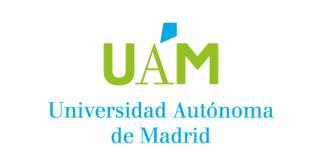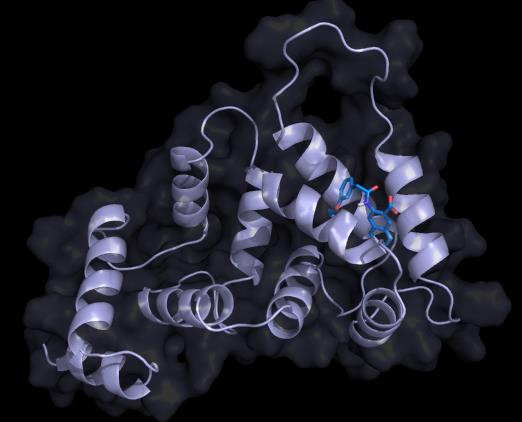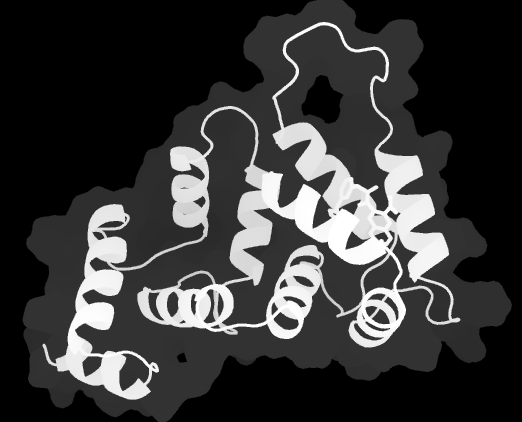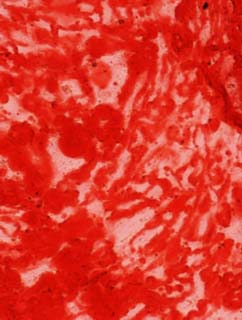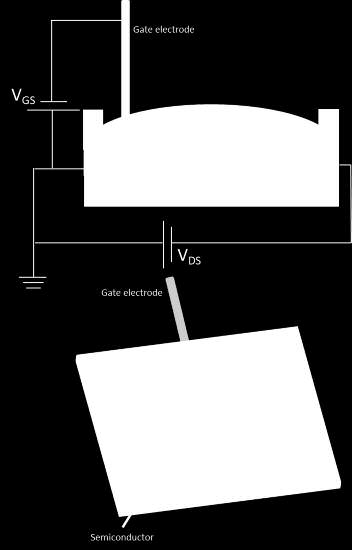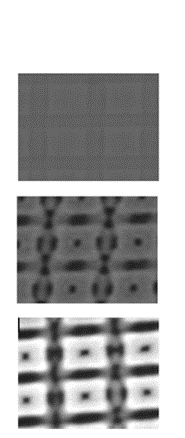Modulation of Ito in different cardiac pathologies
Modeling of a potential interaction between the new compounds and KChIP proteins using annealing molecular dynamics analysis.
KChIP2 is a neuronal calcium sensor that regulates voltage-dependent potassium channels, mainly those belonging to the KV4 family, thus generating the outward potassium current (Ito). This current is essential to control cardiac excitability and is reduced in cardiac pathologies.
Various heart diseases, such as cardiac hypertrophy, present a decreased Ito.
Moreover, it has been described that mice lacking KChIP2 are more susceptible to generate ventricular arrhythmias.
Main innovations and advantages
· These compounds have the capacity to modulate KChIP2 function and toaffect the transient outward K+ current in cardiomyocytes. They producea significant increase in the maximum peak current of the outwardpotassium current of cardiomyocytes without modifying the decay timeconstant.
· Taking into account that the down-regulation of KChIP2 is associatedwith the onset of various heart diseases and that the up-regulation ofKChIP2 prevents the development of cardiac hypertrophy in animalmodels, the compounds of the invention, which act as modulators of thisprotein, are potentially useful in the treatment of heart diseasespresenting a decrease in the transient outward K+ current (cardiachypertrophy, arrhythmias, infarct and ischemic failure).
